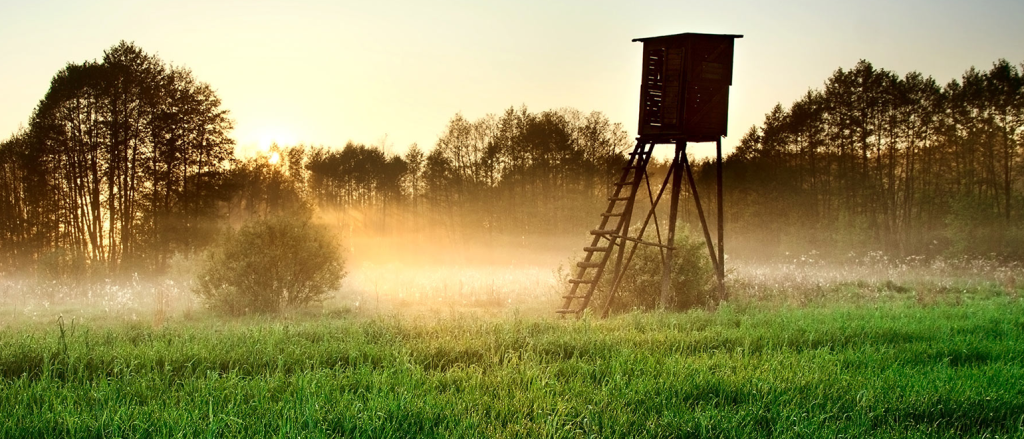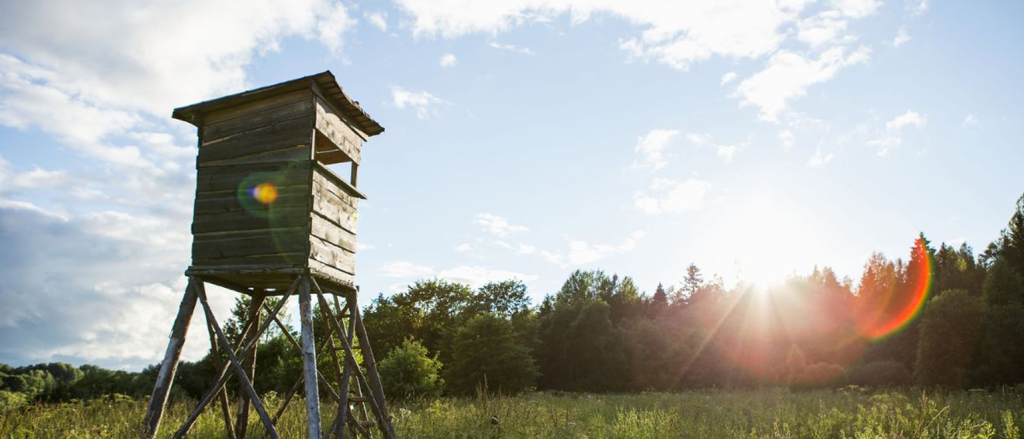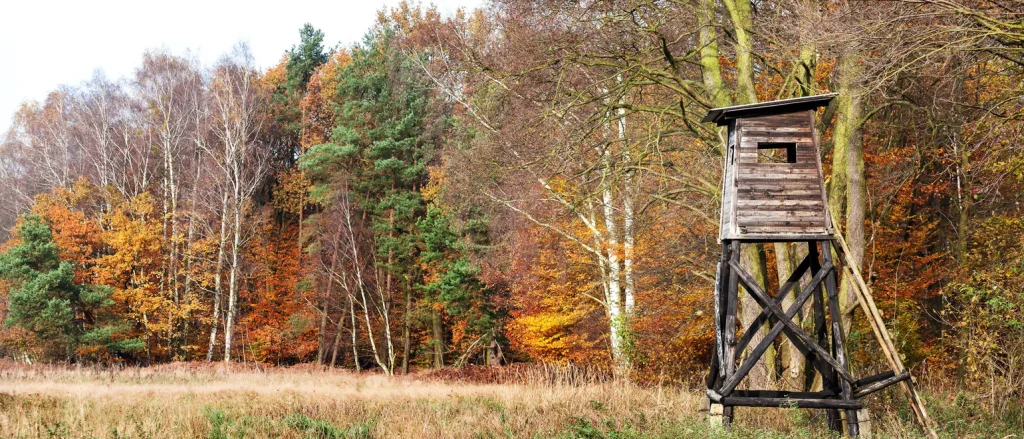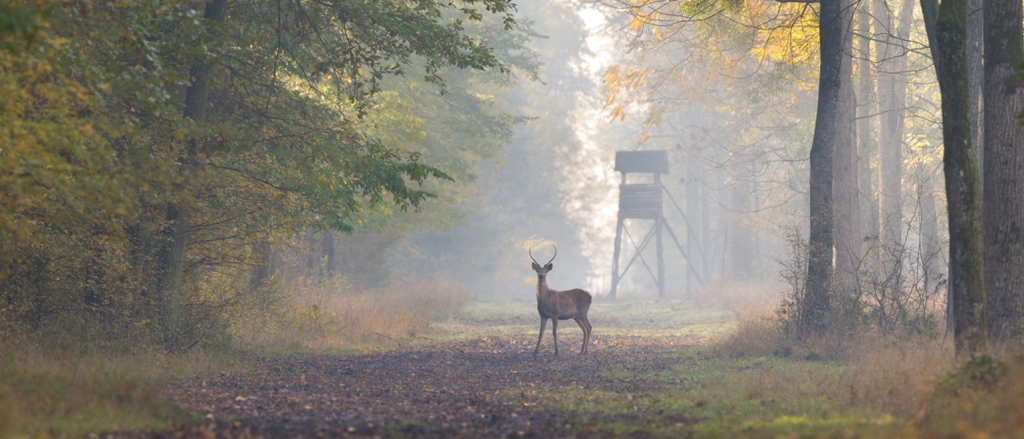
Looking to buy hunting land for recreational use, investment, or a legacy retreat? Purchasing land for hunting can be one of the most rewarding decisions you’ll ever make — but only if you do it right. From budgeting to evaluating legal restrictions, each step plays a crucial role in ensuring your land meets both your hunting goals and financial needs. Here’s a comprehensive guide to buying the ideal hunting property like a seasoned pro.
Essential Tips to Buy Hunting Land Like a Pro

1. Analyze Your Budget Before You Buy Hunting Land
Before anything else, evaluate your finances. Determine if you’re paying cash or need financing. Understand your limits and how much land your budget can realistically afford. Don’t forget to factor in additional expenses like surveys, taxes, and improvements.
2. Research the Market and Set Clear Expectations
3. Choose the Right Location for Hunting Success
Location can make or break a hunting property. Proximity to your home matters, but so does access to wildlife-rich habitats. Look for properties near conservation land or larger tracts that reduce hunting pressure. Study local wildlife regulations and population data.
4. Understand Listings vs. Auctions When Buying Hunting Land
Land can be bought via public listings or auctions. Listings allow more time for due diligence, while auctions move fast but can offer deals. Decide which process suits your comfort level, budget, and risk tolerance. Either way, always inspect before you bid or buy.
5. Work with Specialized Real Estate Agents
General real estate agents may not understand the nuances of rural or hunting land. Choose professionals who specialize in recreational or rural properties. They can help identify hidden gems and guide you through complex land transactions.
6. Consider Utilities, Surveys, and Legal Restrictions
Not all hunting land comes with modern conveniences. Check for water, electricity, or road access. Ask if the land has a recent survey to confirm boundaries. Research zoning, conservation easements, and deed restrictions that may impact use.
7. Pay Cash or Finance: What’s Right for You?
Cash buyers often close faster and have more negotiating power. But financing frees up cash for land improvements. Compare both options and secure pre-approval if financing. Know what local banks require for land loans, which often differ from home loans.
8. Final Checklist Before You Buy Hunting Land

- Walk the property
- Check for access and trails
- Ask about mineral, water, and timber rights
- Evaluate for flooding or erosion
- Request soil tests if farming or food plots are planned
- Compare with local comps
- Confirm clear title and deed
Taking time to check each of these boxes ensures your purchase meets your expectations and avoids costly surprises.
About LandLeader: The Land Marketing Agency

LandLeader is the premier land marketing platform, bringing together a network of the nation’s top land professionals. Focused exclusively on land, our team connects buyers with the best rural properties on the market — including hunting land, farms, ranches, and recreational real estate.
With industry-leading exposure, specialized marketing tools, and deep knowledge of land transactions, LandLeader helps make buying land a confident and seamless experience.